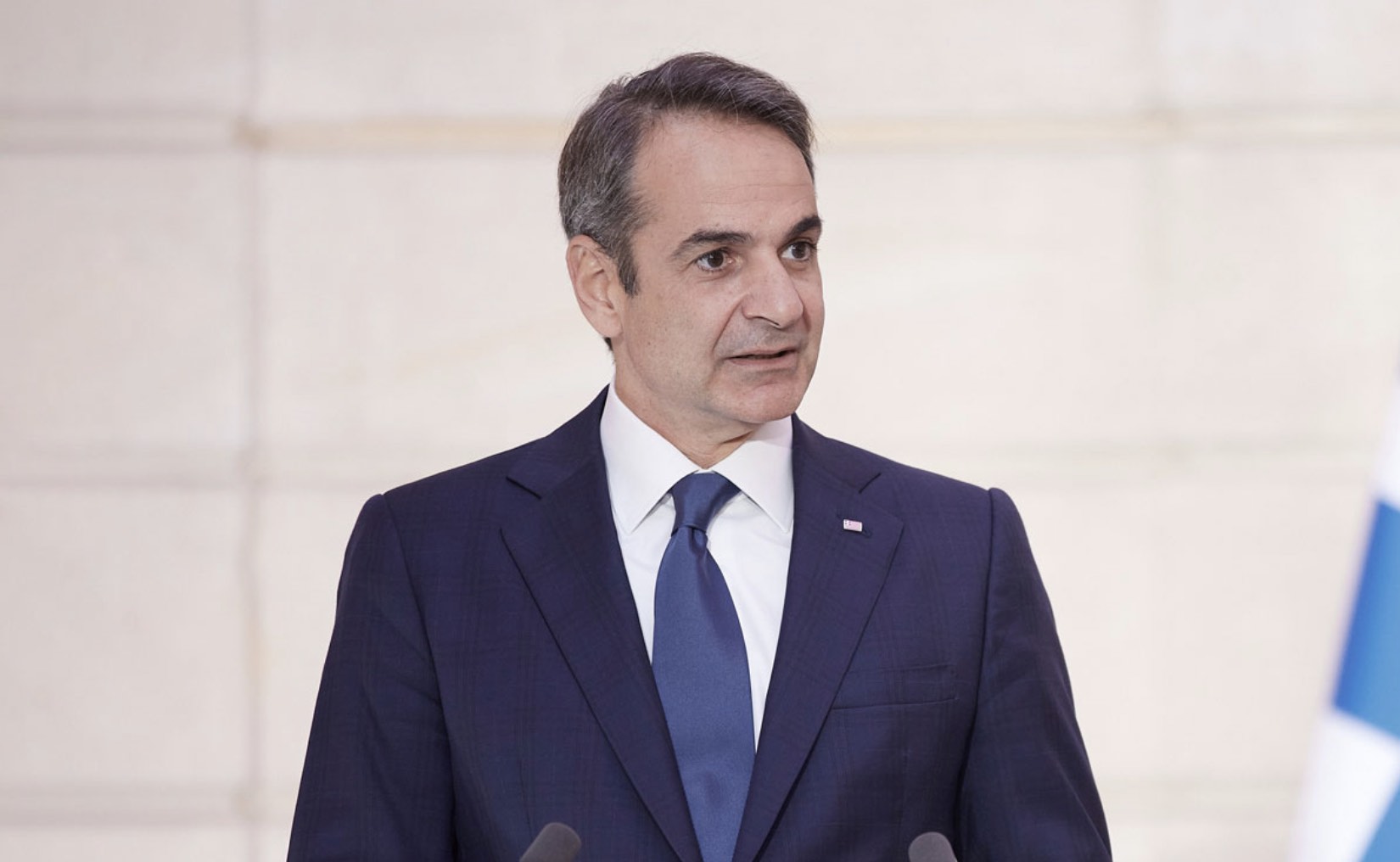Firefighters in Greece continued to battle multiple wildfires across the country on Sunday, though many of the blazes that have destroyed homes and forced evacuations were beginning to be brought under control.
The country has been grappling with extreme heat for over a week, exacerbating fire risks across several regions.
According to the Fire Brigade, 55 new fires were recorded in the past 24 hours, but 50 of them were quickly contained.
Crews remained focused on five major fire fronts, including areas in the Peloponnese, as well as the islands of Evia, Kythera, and Crete.
Fire brigade spokesman Vassilis Vathrakogiannis described Sunday as another “difficult day” with an elevated risk of fire “almost throughout the territory,” though he noted that the overall situation was showing signs of improvement.
Meteorologists predicted that the strong winds, which had intensified the blazes, would ease in many regions.

Despite the slight reprieve, conditions on the island of Kythera remained serious.
Deputy Mayor Giorgos Komninos told state broadcaster ERT that roughly half the island had been scorched, with homes, olive groves, and beehives destroyed.
Firefighters continued to tackle several smaller fronts there late Sunday, aided by three helicopters and two aircraft.
The blaze, which broke out on Saturday, forced the evacuation of beachgoers from a popular tourist area.
Local authorities have requested a state of emergency to unlock additional support, recalling the island’s previous fire disaster in 2017.
Elsewhere, a wildfire prompted the closure of the Egnatia highway, a vital cross-country route in northern Greece, near the town of Kozani. Traffic was rerouted via an older road due to the flames being fanned by high winds.
Officials said six regions across the country would still face a very high risk of fire on Monday.
In response to Greece’s call for international assistance, two firefighting aircraft from Italy were expected to arrive Sunday, supplementing existing efforts by Czech teams already deployed.
In Evia, near Athens, fires reignited on Sunday afternoon, torching large areas of forest and killing thousands of farm animals. Work was underway to repair damage to the electricity network, with some villages also experiencing water supply disruptions.
On Crete, fires that began on Saturday were said to be largely under control by Sunday. In the town of Kryoneri, north of Athens, police stepped up patrols amid concerns about looting in homes left empty due to nearby fires.
Prime Minister Kyriakos Mitsotakis praised the efforts of emergency responders, describing Saturday’s firefighting operation as “titanic.”
He reassured affected residents that the government would stand by those who had lost property.
“The picture today looks better,” he said, “and the battle continues with all available resources.”
Greece has endured searing heat for more than a week, with temperatures topping 40°C in many regions.
On Saturday, a scorching 45.2°C was recorded in Amfilochia, western Greece, while Thiva in central Greece reached 42.4°C on Sunday. Temperatures were forecast to begin dropping from Monday.
Last month, fires on the island of Chios burned through 4,700 hectares of land, and in early July, a wildfire on Crete led to the evacuation of around 5,000 people.
Experts warn that climate change, driven by human activity, is making Greek summers increasingly hot and dry, creating conditions more conducive to large-scale wildfires.


 Trending
Trending 